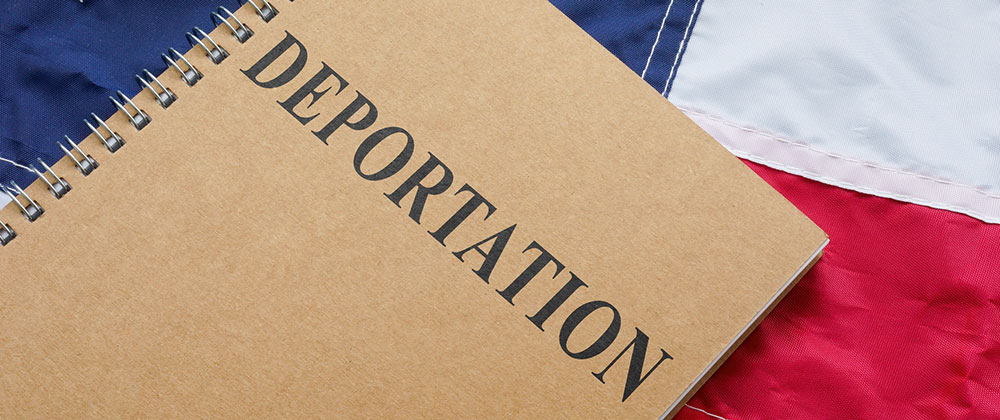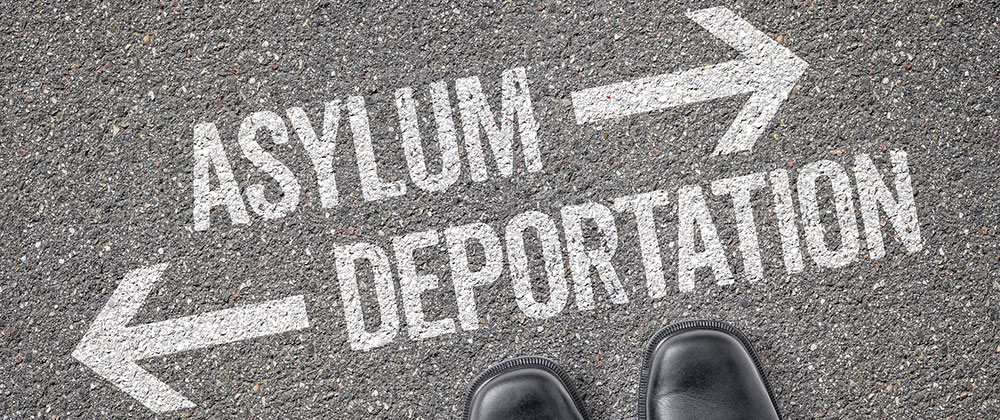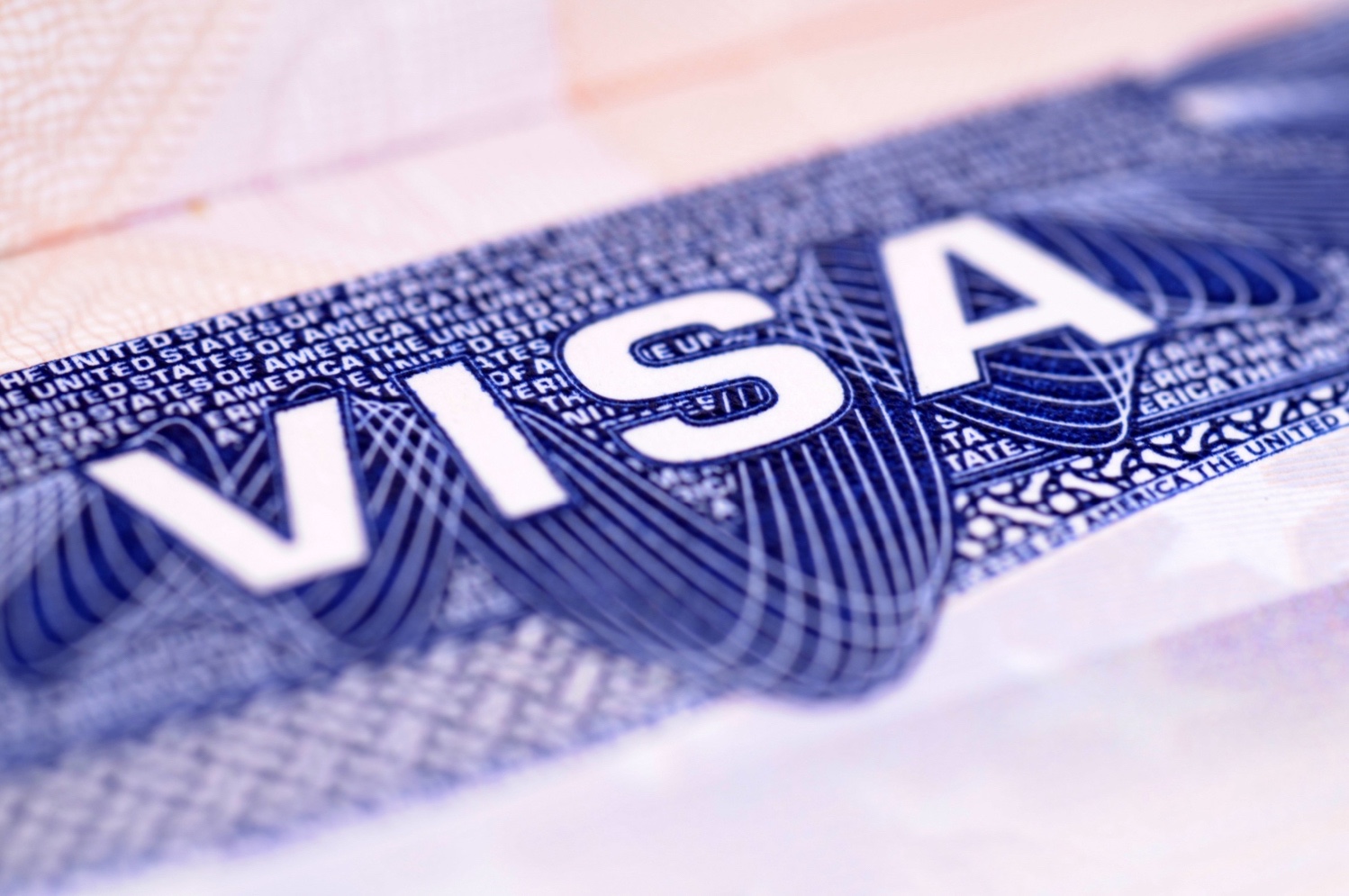Immigrants who come to the U.S. and who have not understood the financial difficulties of life in the U.S. or who are not capable of providing for their families often find themselves in financial straits. If they have children born here, the burden of paying for the costs of doctors, hospitals and nursing services frequently outstrip young immigrant families and they are forced to apply for assistance from welfare to pay for these extensive expenses. Costs for housing, feeding children, providing clothing and other economic needs often overwhelm immigrant families who have not understood or are incapable of meeting these economic burdens. Welfare and public assistance appear to be a helping hand and many immigrants feel the need to accept this help. These aliens who unknowingly accept welfare may be accused of welfare fraud which could result in deportation.
Within five years of entry an immigrant that goes on welfare may be forced to show that the need for welfare assistance arose after entry, not before. For an immigrant to be subject to deportation, it must be shown that the State sent the immigrant a charge for welfare provided and the immigrant failed to repay for the welfare. There could also be adverse immigration implications such as deportation. A person doesn’t become a public charge merely because he/she receives welfare. The service or benefit must be shown to have incurred an obligation that the welfare recipient was legally obligated to repay and proof that demand was made for payment and the immigrant failed to repay within five years of the receipt of the funds or services. If the immigrant does not comply, he/she could be ordered deported.
POVERTY GUIDELINES
An alien who can’t meet the poverty guidelines cannot get permanent residence. The poverty guidelines define the minimum income for a family, if an immigrant earns less than the minimum, depending on the size of the family, he/she cannot qualify for permanent residence. Public charge is defined as a person who by reason of poverty, insanity, disease or disability is likely to become a charge upon the public. The Poverty Guidelines are redefined each year by the Federal Regulations. The following factors are used in deciding who is a public charge:
age, health, family status, assets, resources, financial status and education and skills. A properly filed non-fraudulent affidavit of support is normally considered enough to overcome the public charge provisions. Receipt of public benefits by a family member is not normally attributed to the immigrant unless it is shown that it is the sole means of support for the family. If a person has received public benefits, a Consular Officer does not have the right to insist on repayment before granting an immigrant visa.
WELFARE FRAUD
The Board of Immigration Appeals (BIA) recently held that welfare fraud is not a theft.
In a Fourth U.S. Circuit Court decision, the Court distinguished fraud from theft in that theft indicates that property is taken without the consent of the owner whereas in welfare fraud consent has been given or obtained due to a misrepresentation. The BIA adopted the Fourth Circuit’s interpretation and ruled that Welfare Fraud does not rise to the level of an aggravated felony.
If you need help or advise, call us at (212)944-9420
Our assistance is only a phone call, or e-mail communication away!



